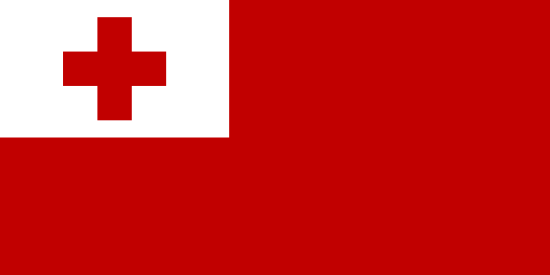
Health Insurance in Tonga, Oceania
Information expatriation
Capital City: Nuku'alofa
Total area: 747 km2
Population: 100,000
Money: Currency Converter
Time Zone: List of time zones by country
Calling Code: +676 XXX
Practical Information:
Health Product: Travel Insurance and Health insurance
Health Insurance information and Sanitary Risk: World Health Map
BLOG: Expat Health insurance Information
Here is a brief description of the healthcare system in the country:
· Tonga has a public healthcare system that aims to provide universal coverage to its population. It is primarily funded through government expenditure.
· Care is delivered via the Tonga Health Sector Support Program which oversees health services across the country.
· There is 1 referral hospital in the capital Nuku'alofa as well as district hospitals and smaller health centers/stations.
· Primary care and community health services are the main entry point to the system focusing on maternal/child health and prevention.
· Beyond the public system, some Tongans purchase private health insurance or pay out-of-pocket for private providers/facilities.
· Key health challenges include non-communicable diseases like diabetes/heart disease, injuries from high-risk behaviors, and a limited healthcare workforce.
· Geography poses challenges as many islands are remote and sparsely populated with limited infrastructure and resources.
· Periodic health assessments by development partners aim to strengthen system capacity, quality, and population health outcomes.
· Overall indicators are fair compared to other Pacific Island nations but access and quality inconsistencies exist within Tonga.
Here are some key health considerations for expatriates living in the country:
· Purchase comprehensive international medical evacuation insurance before traveling as coverage can be limited locally.
· Stay up-to-date on routine vaccinations and boosters like hepatitis A/B, typhoid, influenza. Consider dengue vaccine if going long-term.
· Take precautions against mosquito-borne illnesses as Zika, dengue and chikungunya are present risks. Use repellent and protective clothing.
· Bottled or treated water only for drinking. Peel raw fruits and vegetables. Food safety can be an issue.
· Access to specialized care requires medical airlifts or travel to larger neighboring countries often.
· Bring extra supplies of prescription medications and copies of valid prescriptions.
· Health infrastructure varies between urban and remote island populations. Emergency response may be delayed.
· Heat, humidity and accidental injuries are risks to consider given tropical marine environment.
· Drowning and boating incident rates are higher given culture of seafaring. Use caution near water.
· Stress from isolation/adjustment in a small island nation setting can impact mental wellbeing. Maintain strong connections and self-care practices.
